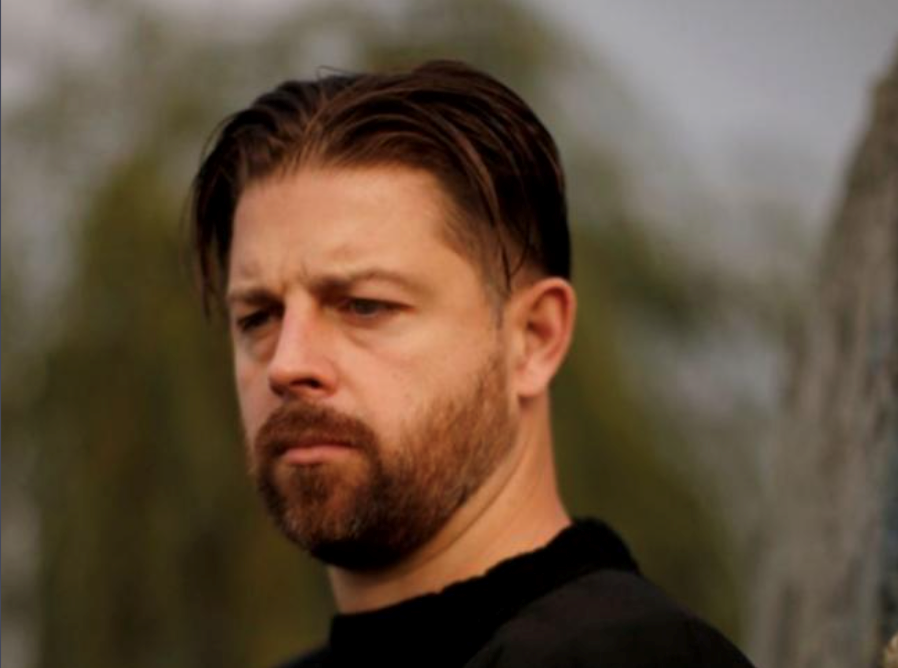Bryce Casavant, a former B.C. conservation officer who lost his position in 2015 after refusing an order to euthanize two bear cubs, has lost another appeal to regain his title.
In his second trip to the B.C. Court of Appeal, Casavant had challenged a B.C. Supreme Court decision that his dismissal was lawful.
“I’m disappointed but I respect the court's decision,” he told Glacier Media Wednesday.
The latest decision means Casavant has exhausted all legal avenues in B.C.
“The only other steps left are the Supreme Court of Canada,” he said.
“We’re considering all our options, but it’s shaping up that way.”
Casavant’s journey through the courts began following his well-publicized refusal to kill two bear cubs in Port Hardy, in 2015. A conservation officer at the time, he declined to euthanize the bears, despite being ordered to do so by his commanding officer. Instead, he made his own determination that the cubs had not eaten any garbage in a residential lot. He transferred the cubs to safety but euthanized the cubs’ mother. The cubs were placed in a recovery centre and reportedly freed to the wild thereafter.
In a settlement agreement, Casavant had agreed to be transferred to a position as Natural Resource officer-senior compliance and enforcement specialist in a different ministry, with the same pay. But Casavant later challenged the agreement at the Labour Relations Board, which struck down his application.
Casavant appealed the board’s decision to the B.C. Court of Appeal, which nullified it.
B.C.'s highest court ruled Casavant had been erroneously dismissed from his post as a conservation officer through arbitration and the board. The court said those proceedings should have been conducted under the Police Act.
Subsequently, the Supreme Court of Canada by the B.C. Government and Service Employees Union to appeal that B.C. Court of Appeal ruling.
Following that ruling, Casavant went back to negotiations with the provincial government only to have those fail. Casavant once again returned to B.C. Supreme Court to seek a declaration, via a judicial review, that his dismissal was unlawful. However, a judge ultimately ruled Casavant’s original settlement agreement was valid, despite the prior B.C. Court of Appeal ruling that the process was flawed.
This most recent ruling by B.C. Court of Appeal Justice John Hunter agreed that the lower judge properly analyzed the legalities of settlement agreement.
Casavant said the case is “not really about me anymore.” Pointing to its implications for environmental policing more broadly, he said conservation officers coming up today put on a uniform and gun, and go to work in the morning without knowing “this is the law, this is their rights.”
“A conservation officer today cannot know if they are making a constabulary decision in the field or not, and they cannot know — if they're accused of a disciplinary default — what their rights are,” Casavant said.
“It’s up to the union and the government to decide. It's not set in stone. And that's a very vulnerable position to be in, especially for younger officers who are new recruits.”
Reached to comment on the ruling, a spokesperson for the BC Conservation Officer Service said it had “no comment at this time.”
Casavant is a former Canadian forces veteran who served in Afghanistan and now lectures on humanitarian studies and the environment at Royal Roads University.
With files from Stefan Labbé/Glacier Media



